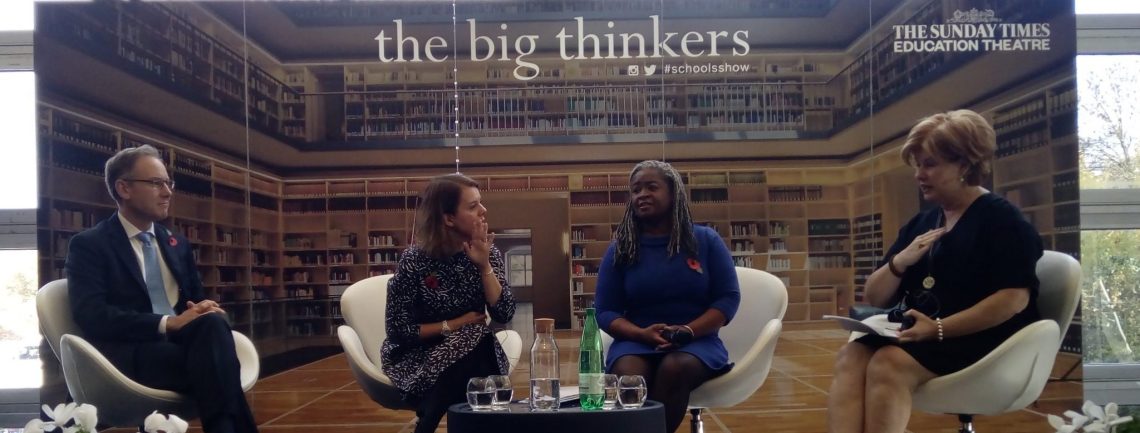
11 October 2019
We’re proud to be partnering with this year’s Independent Schools Show to curate a bespoke strand of sessions focused on the trends, issues and choices affecting children...
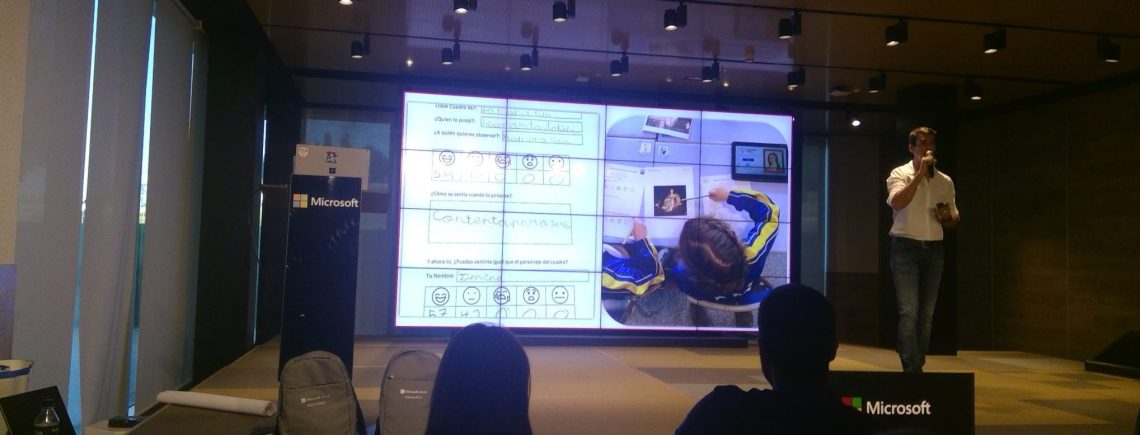
9 October 2019
Jorge Calvo Martin, IT Manager and Leader of Digital Technology Projects at Colegio Europeo de Madrid in Spain, has created a brand-new app using artificial intelligence to...

30 September 2019
On Friday 27th September, we celebrated our first-ever Global Be Well Day. Every one of our 75 schools collapsed the curriculum in order to focus solely on...
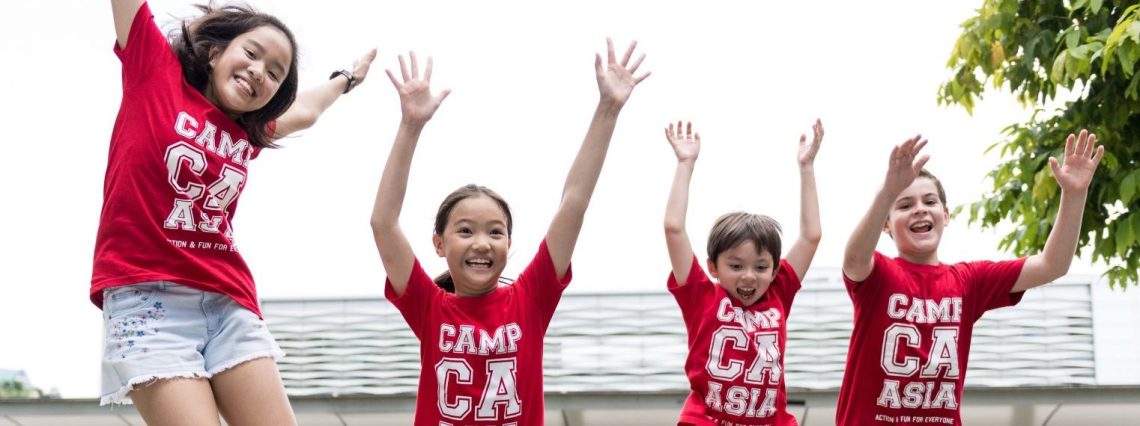
17 September 2019
Camp Asia, Singapore’s leading holiday camp provider, has been delivering action- and fun-packed activities at Australian International School (AIS) and Stamford American International School (SAIS) for children...
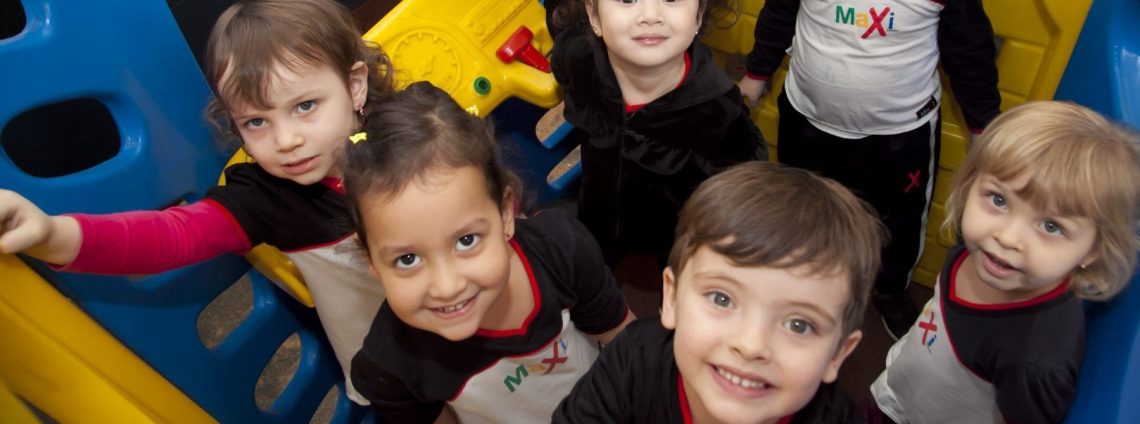
13 September 2019
Cognita is proud to welcome Colegio Maxi in Brazil into our global family of schools. Colegio Maxi becomes our 75th school worldwide and our 16th in Latin...
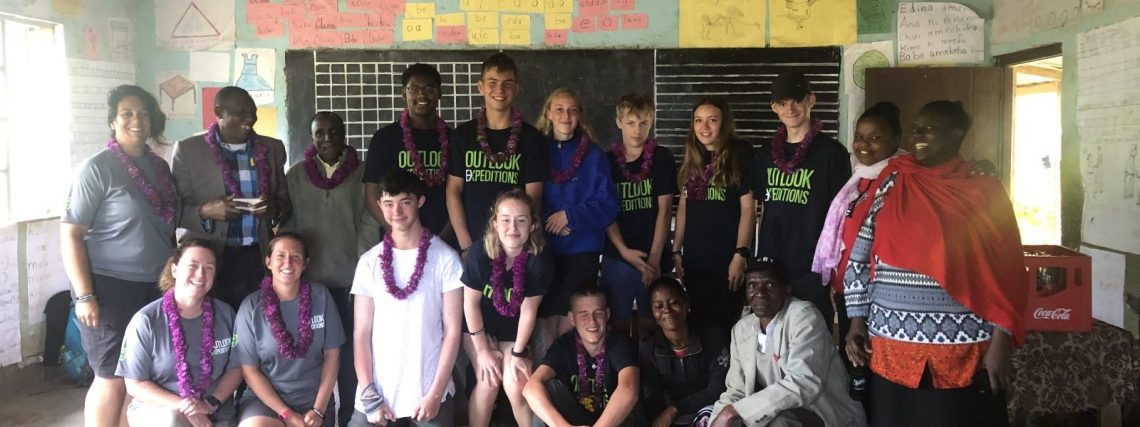
6 September 2019
A group of students from Quinton House School, Meoncross School and Hydesville Tower School spent a life-changing summer in Tanzania on Cognita UK’s first-ever joint schools’ expedition....
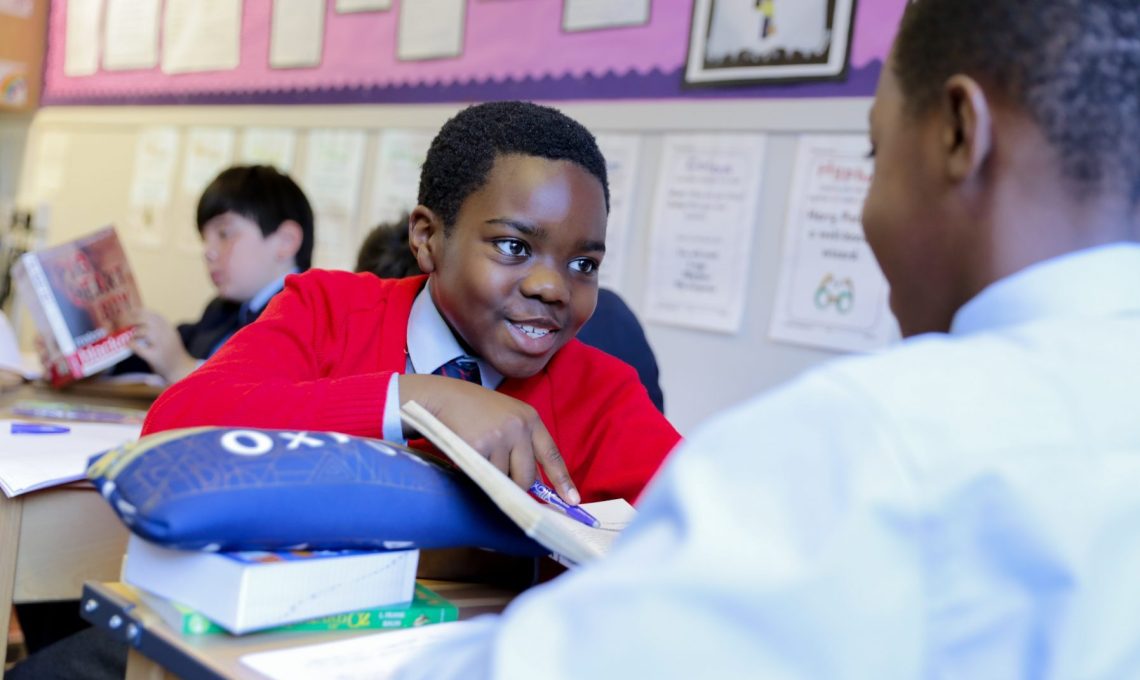
1 September 2019
Danuta Tomasz, Director of Education, UK, at Cognita warns against taking ‘no pain, no gain’ too far when it comes to students’ learning. We as educators cannot...
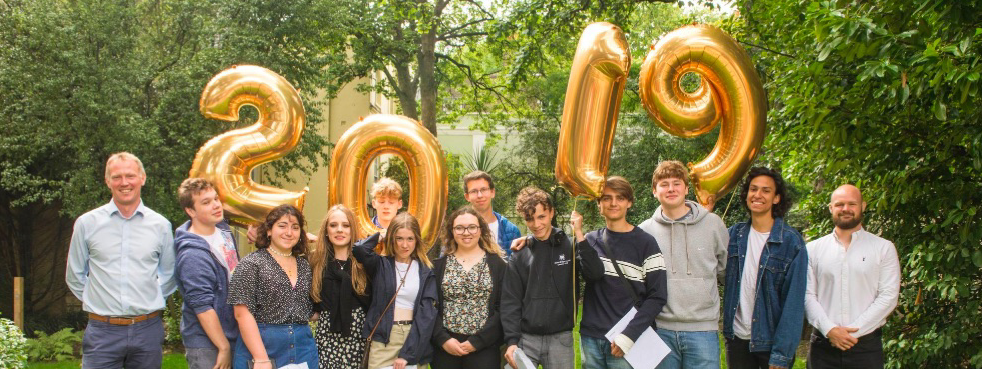
21 August 2019
Students at our British Curriculum schools in the UK and Spain are celebrating another successful year of strong GCSE and A Level results. In the UK, Cognita...
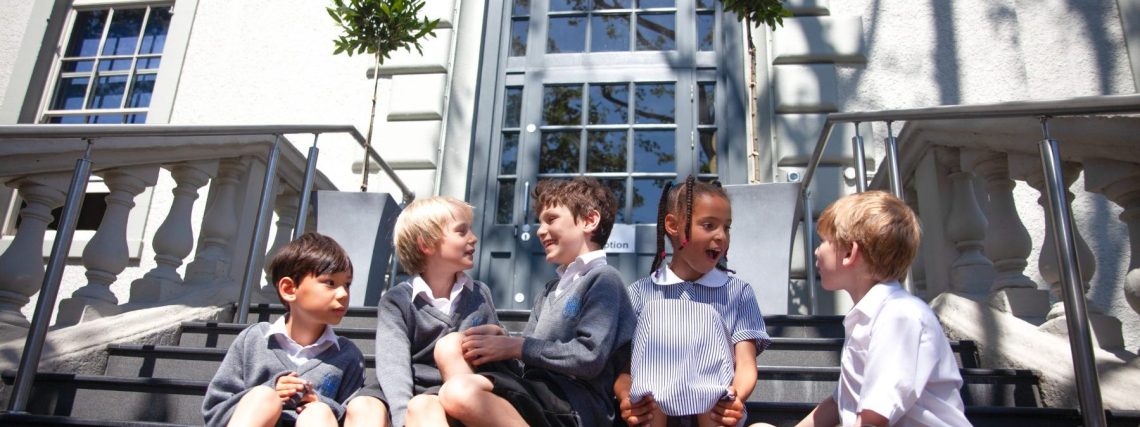
13 August 2019
We are delighted to announce that North Bridge House will be expanding to include a nursery and pre-prep school in West Hampstead in September 2020. “As North...
We are delighted to announce that North Bridge House will be expanding to include a nursery and pre-prep school in West Hampstead in September 2020.
“As North Bridge House celebrates its 80th anniversary this coming academic year, we look forward to expanding the highly successful group in London,” says Stuart Rolland, Cognita’s CEO for Europe. “The curriculum and ethos at North Bridge House continues to thrive in London, to include now a new provision for families in West Hampstead.”
Building on North Bridge House’s commitment to provide successful independent, co-educational, and mixed ability schools, the school will mirror the well-established provision in existence across Hampstead, Islington and Regent’s Park. Head teacher Christine McLelland will oversee all three lower schools and aims for them to share the same balance of happiness and success, with excellent academic results, led by qualified teachers who are subject specialists and experts in EYFS and KS1 in every year group.
“We follow a holistic approach to children’s development, which means that the progress made in one area will positively impact on other areas,” says Mrs McLelland. “We focus on the individual child, developing the characteristics of effective learning and creative arts. Building on children’s interests and passions will be at the heart of the curriculum, as will fostering a genuine love of learning, leading to excellent academic outcomes.
Happiness is the key to successful learning – particularly in the formative years of education – and we are committed to providing children with an enjoyable learning experience,” concludes Mrs McLelland.

